West Midlands Safari Park completes annual stock count - see the adorable pictures
At the start of each year every animal must be counted, from the tallest of giraffes right down to the scurrying colonies of fruit beetles.
Watch more of our videos on ShotsTV.com
and on Freeview 262 or Freely 565
This year, over a thousand animals and insects were counted at West Midlands Safari Park with some new additions increasing the numbers since last year, including a number of baby animals born in 2024 and some new arrivals from other wildlife parks.
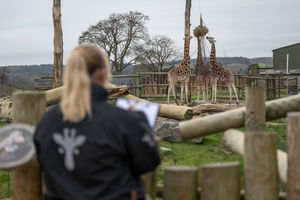
Some of the new additions to the Bewdley zoo included a white rhino calf called Malaika and a giraffe calf called Mtembei. All babies born in 2024 were given names beginning with the letter ‘m’, so this year, all babies will have names beginning with the letter ‘n’.
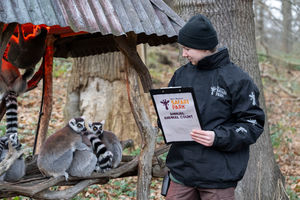
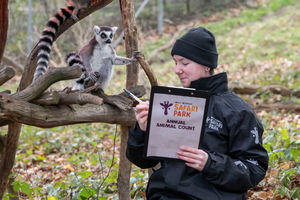
As well as the babies, there were more new arrivals from wildlife parks both in the UK and Europe, such as African elephants, Suzy and Gitana, from Pairi Daiza in Belgium, white rhino Bonnie from Woburn Safari Park and Grevy’s zebra, Angus, who joined the Park from Marwell Zoo.
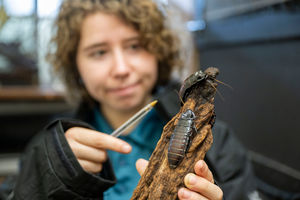
Head of Wildlife, Angela Potter, said: “Our dedicated keepers count and check the animals in their care daily, but the annual count is required as part of our zoo licence and is carried out by all wildlife parks at the start of each new year.

“This year we have counted 109 different species of animals with over a thousand individuals, which includes all animals within the Safari Drive and Safari Walk. Most are counted as individuals, such as our giraffe herd which welcomed a calf in 2024, increasing the number to 11, but some of our invertebrate species such as the cockroaches, are counted as colonies, as there are so many within the group.
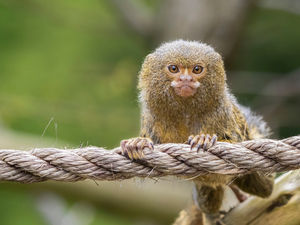
“Notable additions in 2024 were white rhino calf, Malaika, who was the first newborn in January, followed by Mtembei the giraffe calf, Manilow the Grevy’s zebra foal, a lowland anoa calf named Maya, two barasingha deer and two Eld’s deer which were the final births of the year.
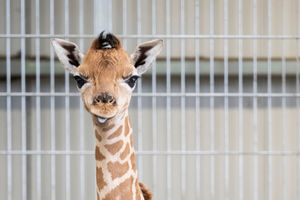
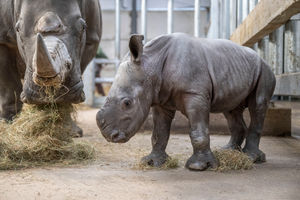
"These animals are all part of EEPs (EAZA Ex-Situ Programmes), which are collaborative breeding efforts between wildlife parks, for endangered species. The annual count highlights the successes we’ve had throughout the year, with our conservation efforts, which is something to be proud of.”
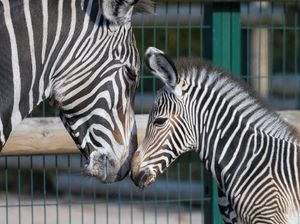
Once every head has been counted the results are noted in a report which is sent to the local authority.
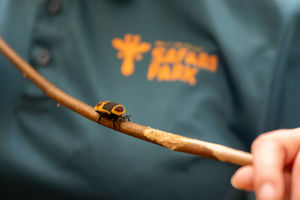
The park’s wildlife administrator then checks the results against the animal record system to ensure the census matches.
The safari park is home to a huge variety of animals and all species are counted, including fish, birds, mammals, amphibians, reptiles and invertebrates.
West Midlands Safari Park is open on selected dates during the winter season and guests can book in advance online for the best prices, which also includes a free return visit.
More information is available on the safari park’s website: wmsp.co.uk





